ISKCON Members allegedly Backing by BJP and RSS are disturbing the Protest by Budhist Monks at Boudhgaya
Townhall Times Tensions have escalated in the sacred city of Bodhgaya, where the headquarters of Buddhism in India, the Mahabodhi Temple, stands. Buddhist organizations, led by concerned Buddhist monks and devotees, have launched a fierce campaign demanding the repeal of the Bodhgaya Temple Management Act, which they claim is undermining the religious and cultural sanctity of the site. The protests, however, have reportedly turned violent following disturbances allegedly linked to members of the International Society for Krishna Consciousness (ISKCON), who are believed to be backed by political forces such as the Bharatiya Janata Party (BJP) and the Rashtriya Swayamsevak Sangh (RSS).
The Bodhgaya Temple Management Act of 1949, which grants the state government authority over the administration of the temple, has been a longstanding source of controversy. Buddhist groups argue that the law interferes with the independence of religious practice and threatens the sanctity of the revered site. Bodhgaya, where Lord Buddha attained enlightenment, is not only a place of pilgrimage but also a symbol of religious and cultural pride for Buddhists worldwide.
While the specific motivations behind the violence remain unclear, multiple sources suggest that ISKCON, the popular religious group associated with the Hare Krishna movement, has been involved in disrupting the protests. Reports indicate that the group, which has significant influence and presence in India, is allegedly supported by powerful political actors like the BJP and the RSS, two organizations with deep-rooted ties to Hindu nationalism.
Local Buddhist leaders are accusing ISKCON of trying to undermine their movement for the repeal of the Bodhgaya Temple Management Act, asserting that the group’s involvement in the violent clashes is part of a larger agenda to distort the religious and historical significance of the Mahabodhi Temple. Buddhist organizations argue that the temple, while open to all, should not be under the control of any external force, especially one that may seek to alter its management in a manner that does not reflect Buddhist values.
the link of Video https://www.instagram.com/p/DGkyhSfA2Pp/
Speaking to the media, Ven. Thich Ngoc Tan, a senior Buddhist monk and leader of the protest group, condemned the actions of ISKCON members, alleging that the religious group had been mobilized to prevent the Buddhist protesters from peacefully voicing their concerns. “This is not only an attack on the rights of the Buddhist community but an attempt to politicize our faith and our sacred heritage,” he said. “Bodhgaya is the birthplace of our enlightenment, and we will not let anyone take control of it in this way.”
As the situation continues to develop, there is growing concern about the impact of these clashes on Bodhgaya’s international reputation. The city, which draws hundreds of thousands of international Buddhist pilgrims each year, may find itself at the heart of a deepening religious and political conflict if a resolution is not found soon.
For now, the Buddhist protesters have vowed to continue their campaign, with the peaceful sit-ins and public demonstrations expected to persist unless their demands for the repeal of the Act are met.
The controversy over the Bodhgaya Temple Management Act and the violent clash involving ISKCON supporters has raised important questions about the future of religious control in sacred spaces and the influence of political organizations in religious matters.
As Bodhgaya remains a focal point of these mounting tensions, it is clear that the battle for the future of the Mahabodhi Temple is far from over.
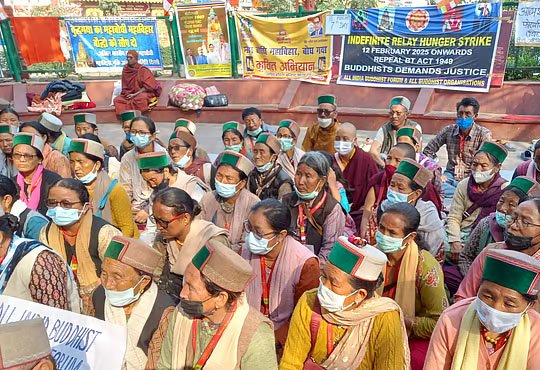
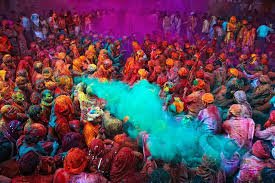
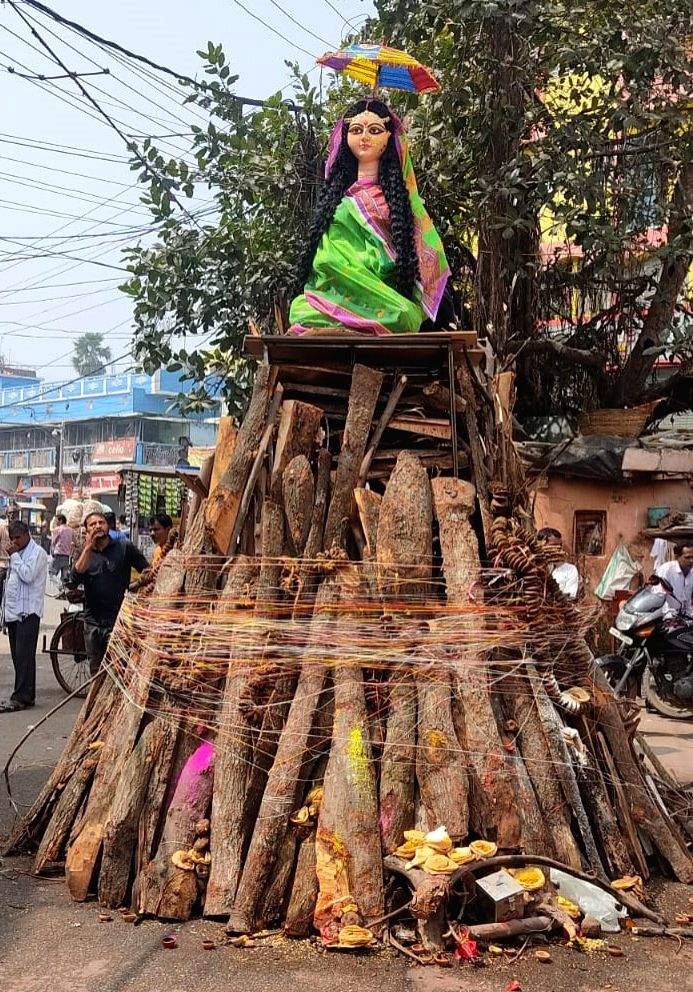
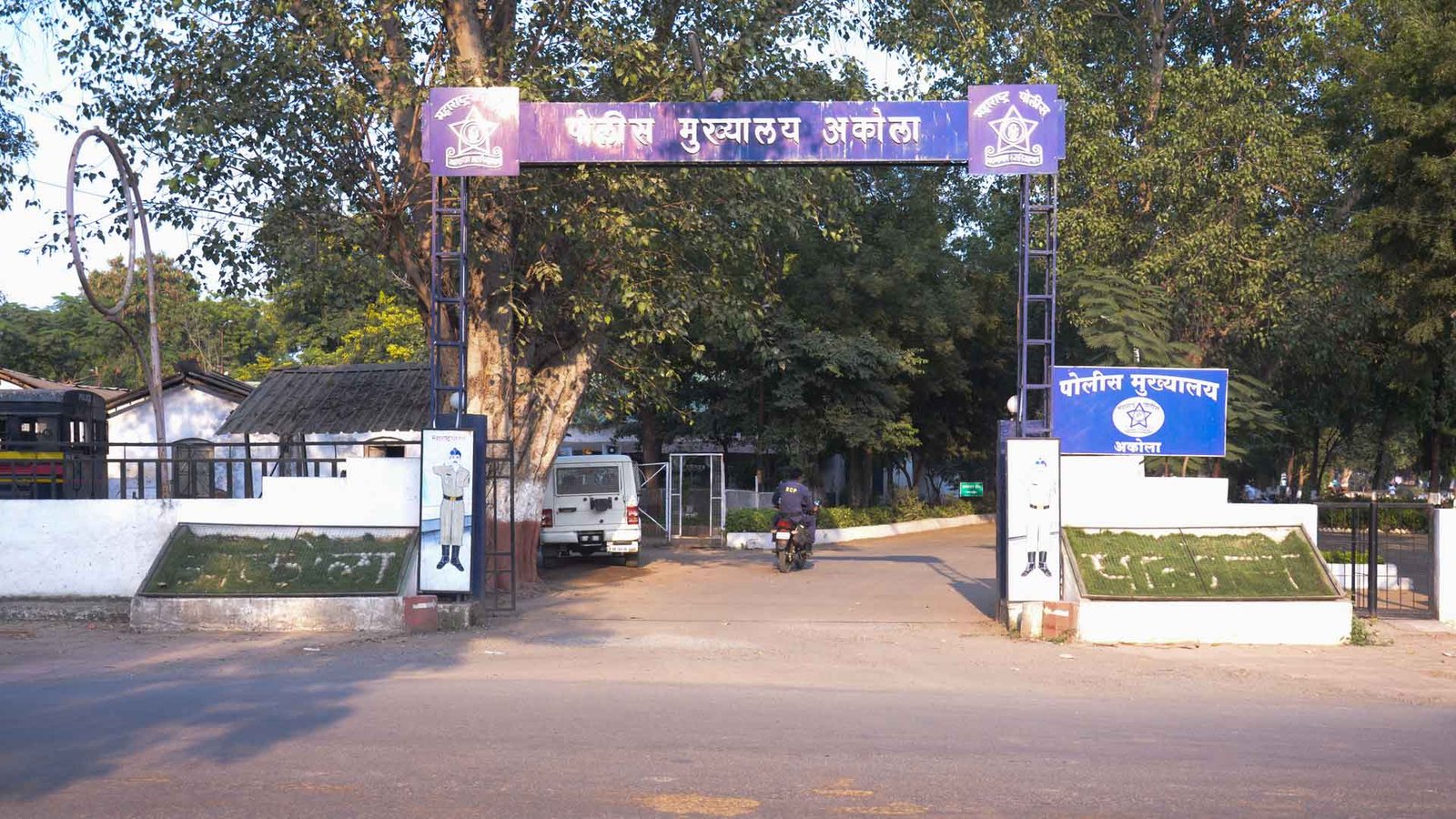
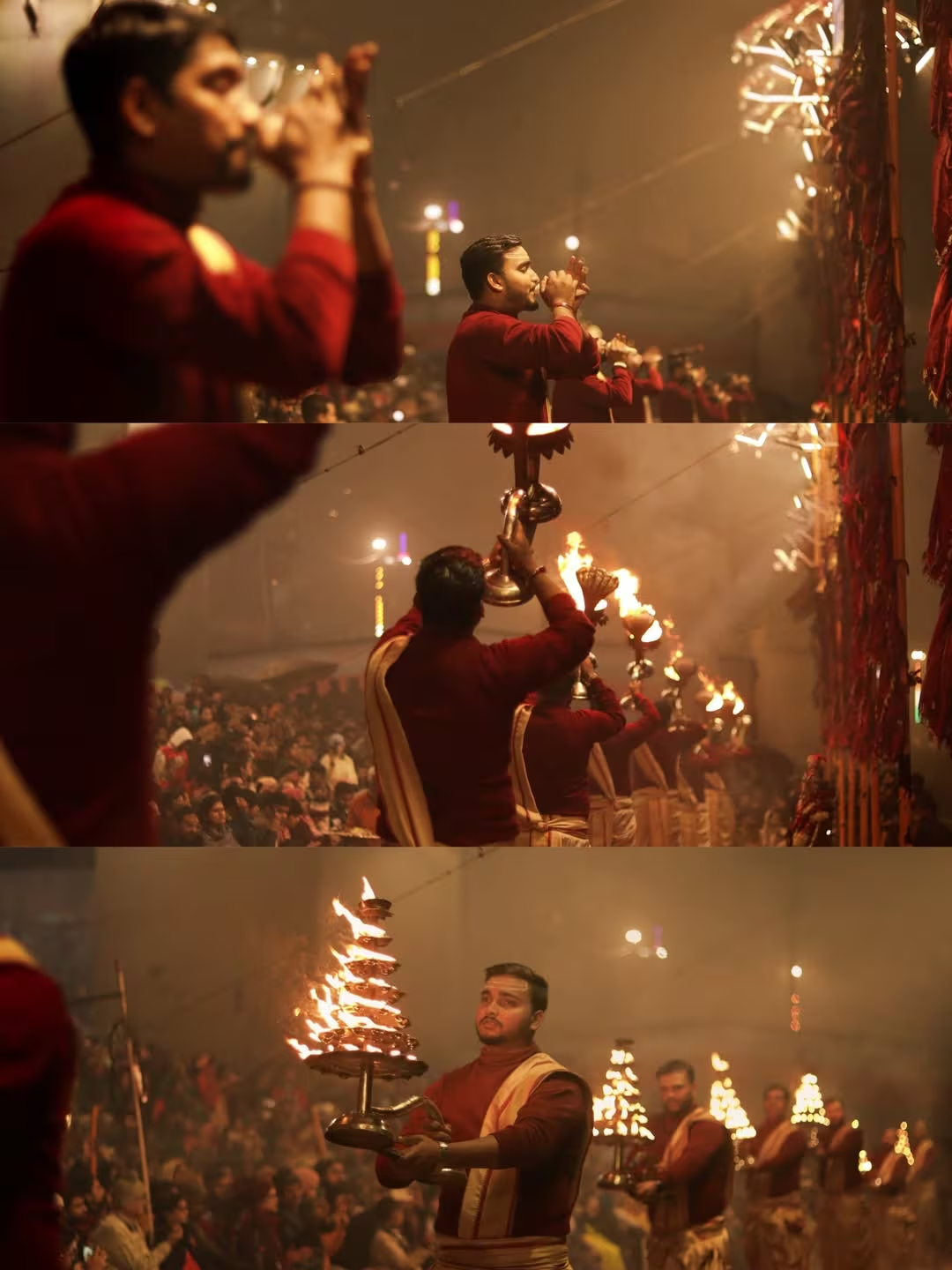
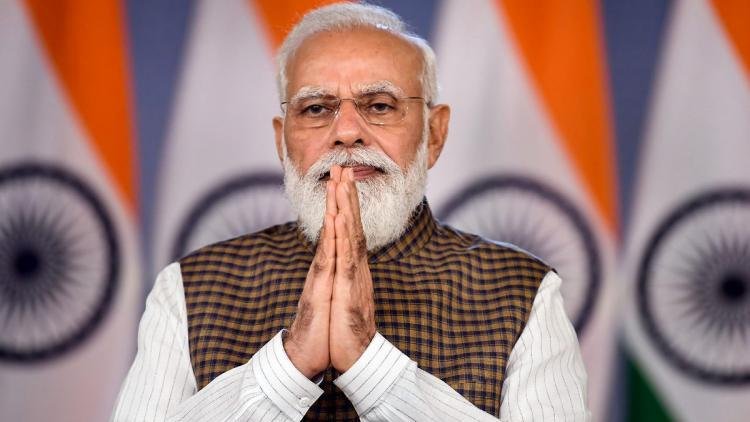
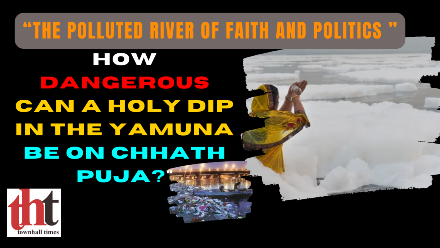
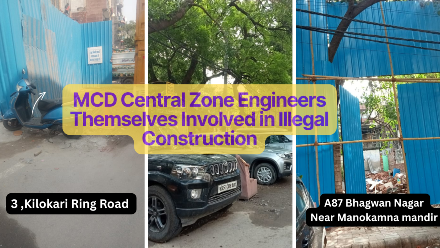

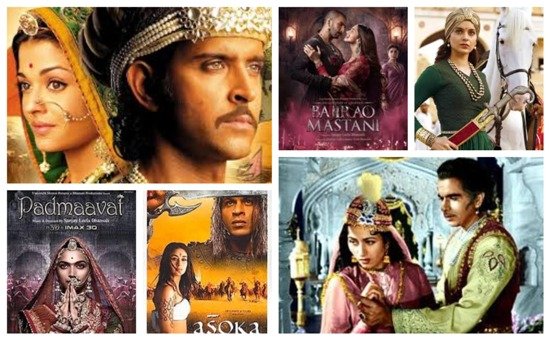


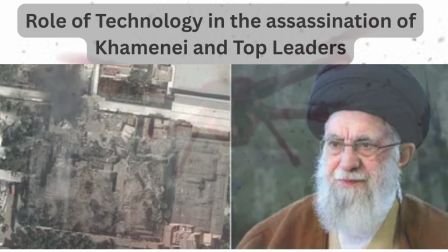
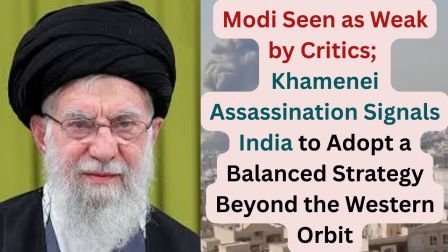
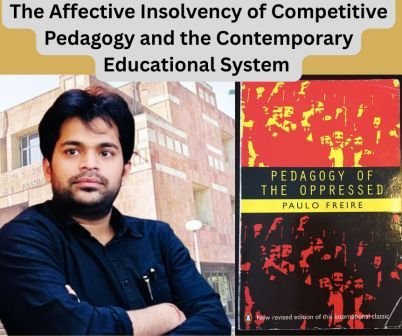
Leave a Reply